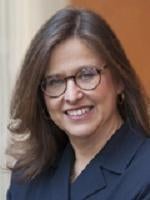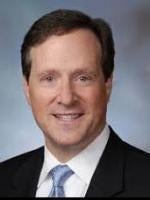New rule would extend STEM optional practical training to 24 months.
On October 19, the US Department of Homeland Security (DHS) published a proposed rule in the Federal Register to amend its F-1 nonimmigrant student visa regulations on optional practical training (OPT) for certain students with degrees in science, technology, engineering, or mathematics (STEM) from US institutions of higher education.
Under the proposal, F-1 STEM students who have elected to pursue 12 months of OPT in the United States will be eligible to extend the OPT period by 24 months (STEM OPT extension). This 24-month extension would effectively replace the 17-month STEM OPT extension currently available to certain STEM students. In addition, eligibility for a STEM OPT extension is expanded under the proposal to permit students to use a previously obtained and directly related STEM degree from an accredited school as a basis to apply for a STEM OPT extension. This previously obtained degree would make the STEM OPT extension available to students with a prior background in STEM whose current OPT is based on their study towards a different degree.
In addition to the 24-month STEM OPT extension, the proposed rule increases oversight over STEM OPT extensions by requiring the implementation of formal mentoring and training plans by employers and adding wage and other protections for STEM OPT students and US workers. Further, the proposed rule, if adopted, would allow extensions only to students with degrees from accredited schools.
As with the current 17-month STEM OPT extension, the proposed rule would authorize STEM OPT extensions only for students employed by employers enrolled in the E-Verify program. The proposal also includes the Cap-Gap relief first introduced in 2008 for any F-1 student with a timely filed H-1B petition and request for change of status.
If the proposed rule is finalized in its current form, F-1 students who are now working on OPT will be able to apply for a STEM OPT extension before their current work authorization expires. We anticipate that there will be a mechanism to request an additional period of seven months for those already employed in STEM OPT. This is good news for F-1 students. Employers, however, may see increased compliance issues regarding mentoring, training, and wage requirements.
The proposed rule is open for public comment for 60 days. After the 60-day comment period, a final publication and effective date will be imposed. It is common for there to be differences between the proposed rule and the final rule. We will continue to monitor this process, and provide updates as they become available.





 />i
/>i

